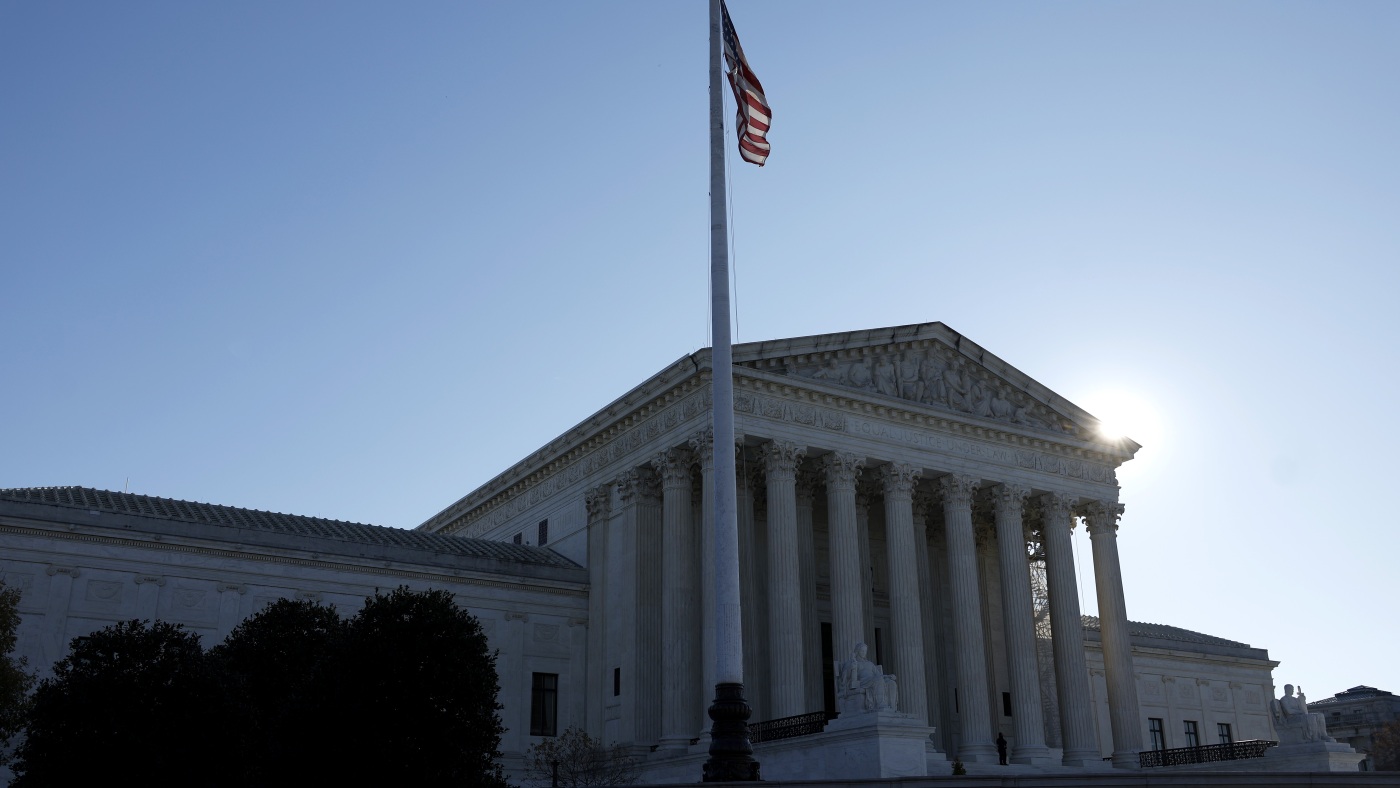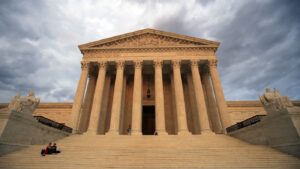Supreme Court Declines to Review Boston School Admissions Policy
In a notable decision, the U.S. Supreme Court has chosen not to review a contentious admissions policy at Boston’s elite public schools, which prioritizes students based on their zip code. This marks the second instance in which the Court has opted not to intervene in a geographically-based admissions system since its landmark decision in 2023 that nullified affirmative action in higher education.
The case in question centers around a significant revision made in 2021 to the admissions criteria for Boston’s prestigious “exam schools.” Historically, these schools have relied on standardized testing for admissions. However, the revised policy now allocates seats to students with the highest GPA from each Boston neighborhood, with the number of seats corresponding to the neighborhood’s population of school-age children.
The Boston Parent Coalition for Academic Excellence, an organization supporting “merit-based” admissions, challenged the new system in court. They claimed that the “zip code quota” was intentionally crafted to decrease the number of Asian American and white students admitted. As evidence of bias, the coalition cited instances where school committee members mocked Asian students’ names and shared text messages that revealed hostility towards white residents of Boston’s West Roxbury neighborhood.
Despite these allegations, the First Circuit Court of Appeals found that the coalition did not adequately demonstrate that the zip code system disproportionately disadvantaged Asian American and white applicants. In fact, these groups reportedly secured more seats than their representation in the applicant pool would predict.
The coalition escalated the matter to the Supreme Court, arguing that the lower court’s decision effectively endorsed “racial balancing by proxy.” Nonetheless, the justices opted not to take up the case.
In a dissenting opinion, Justices Samuel Alito and Clarence Thomas expressed disagreement with the majority’s decision. Alito characterized the Boston admissions policy as “racial balancing by another name and is undoubtedly unconstitutional.”

The U.S. Supreme Court Anna Moneymaker/Getty Images





